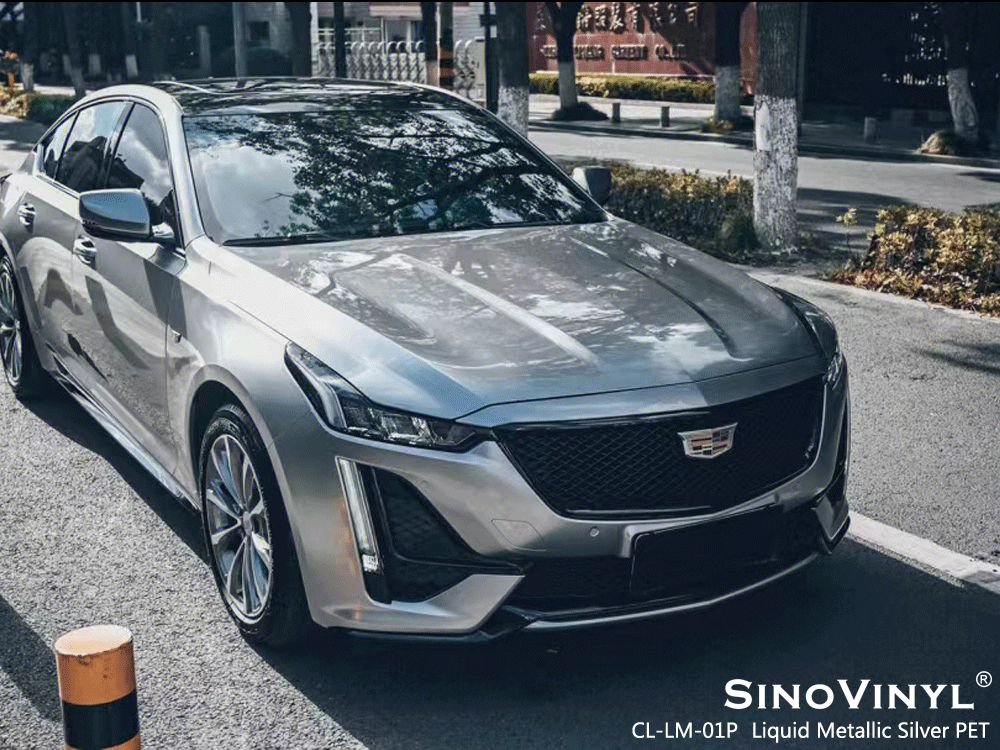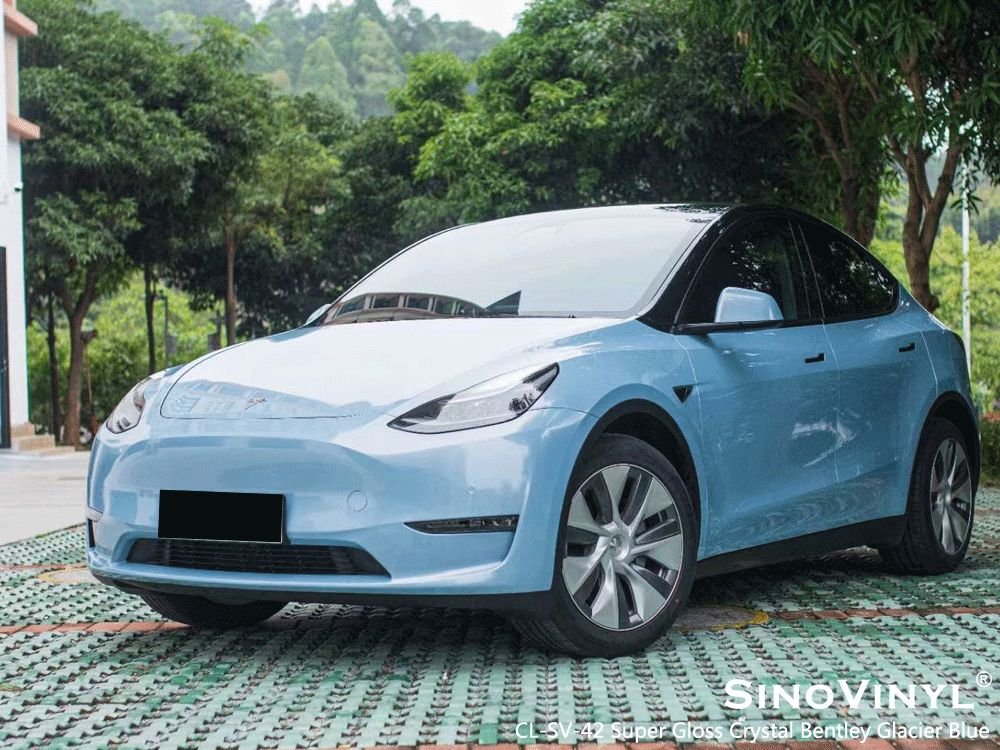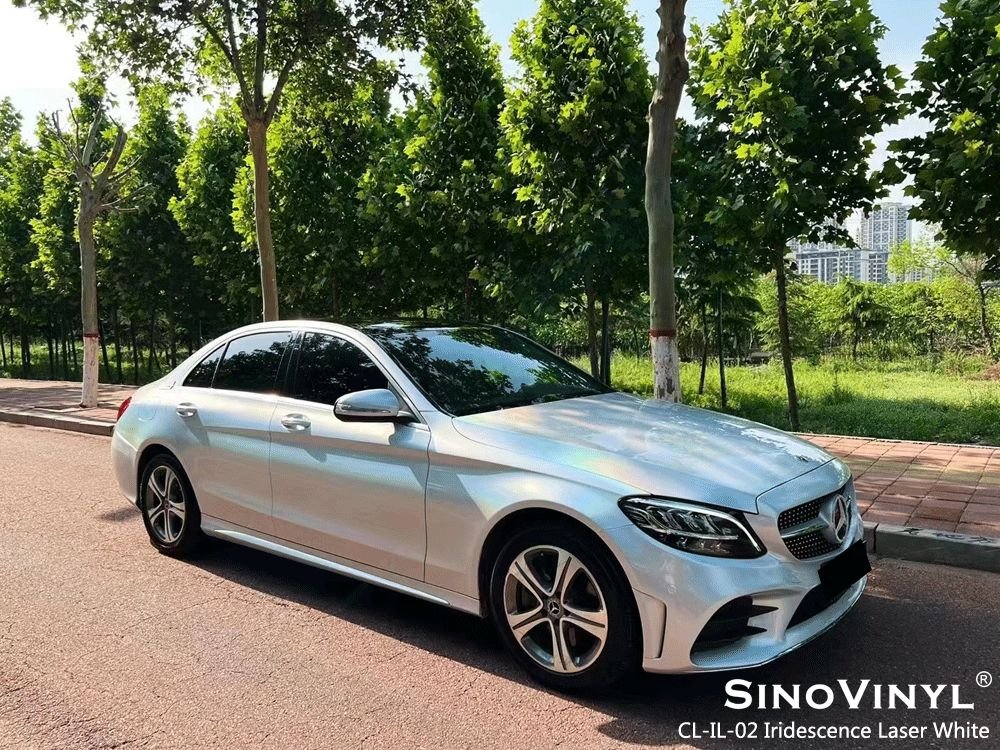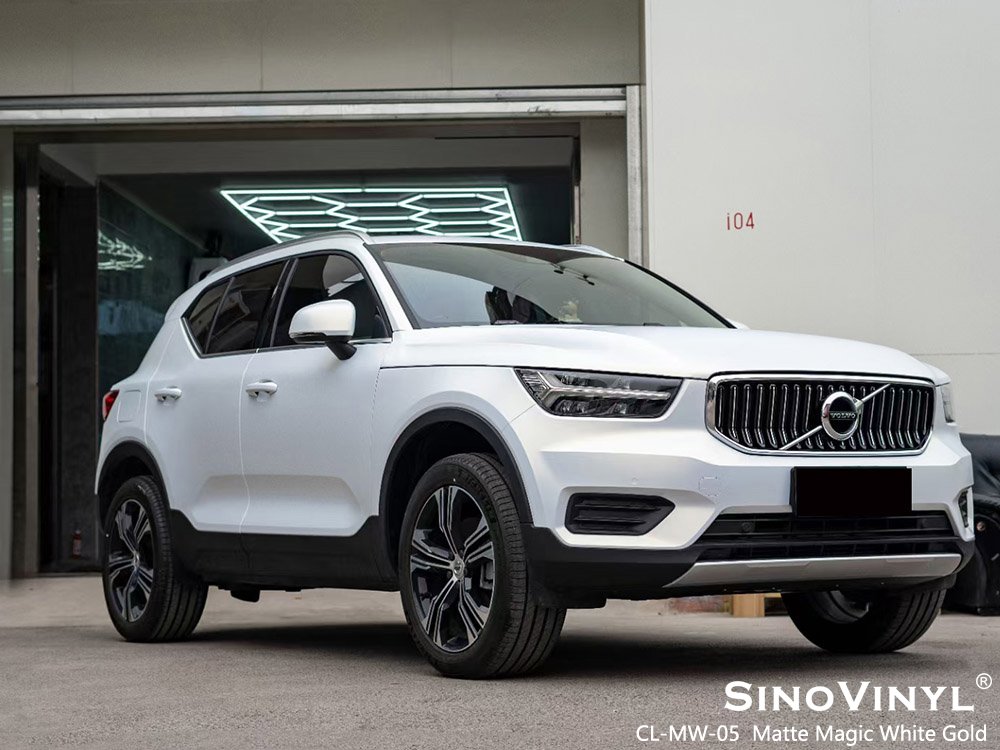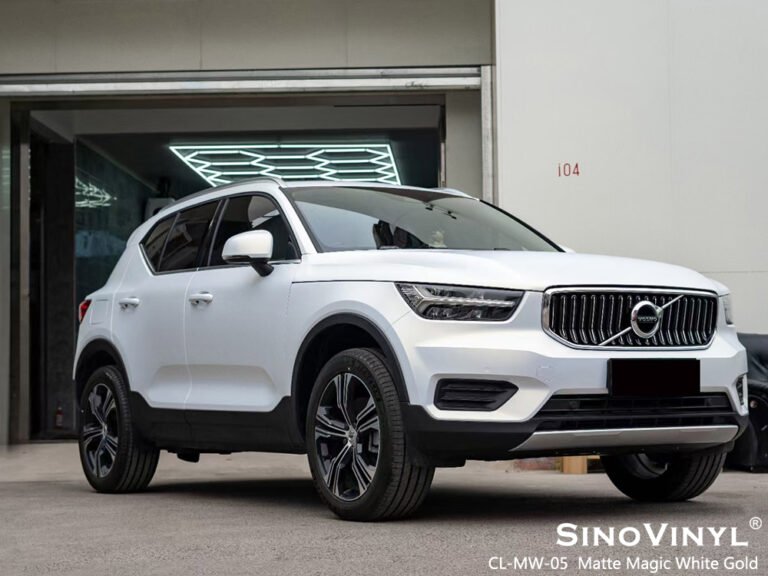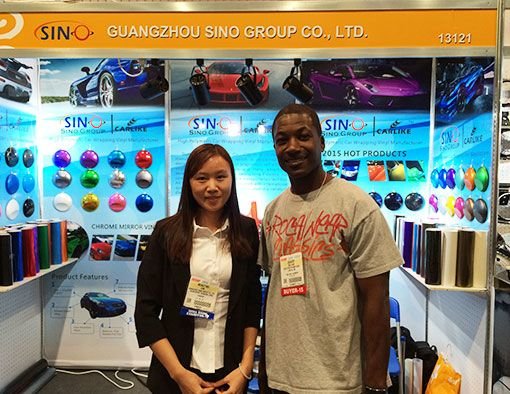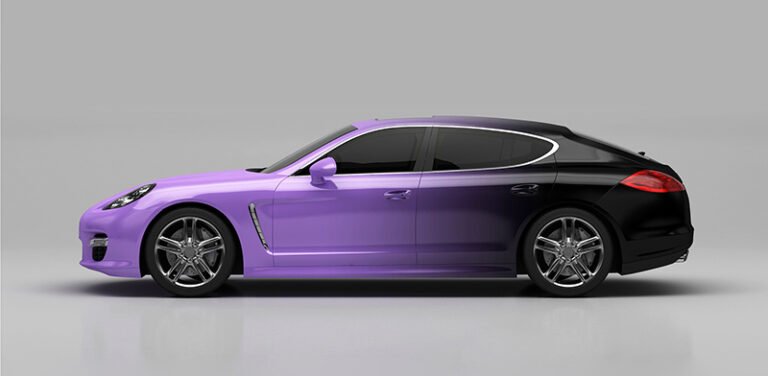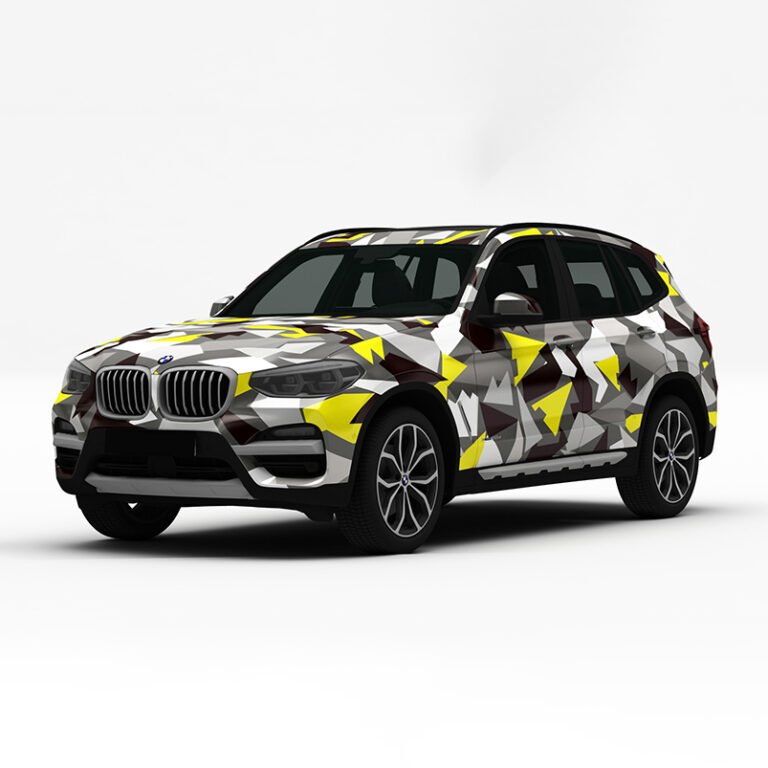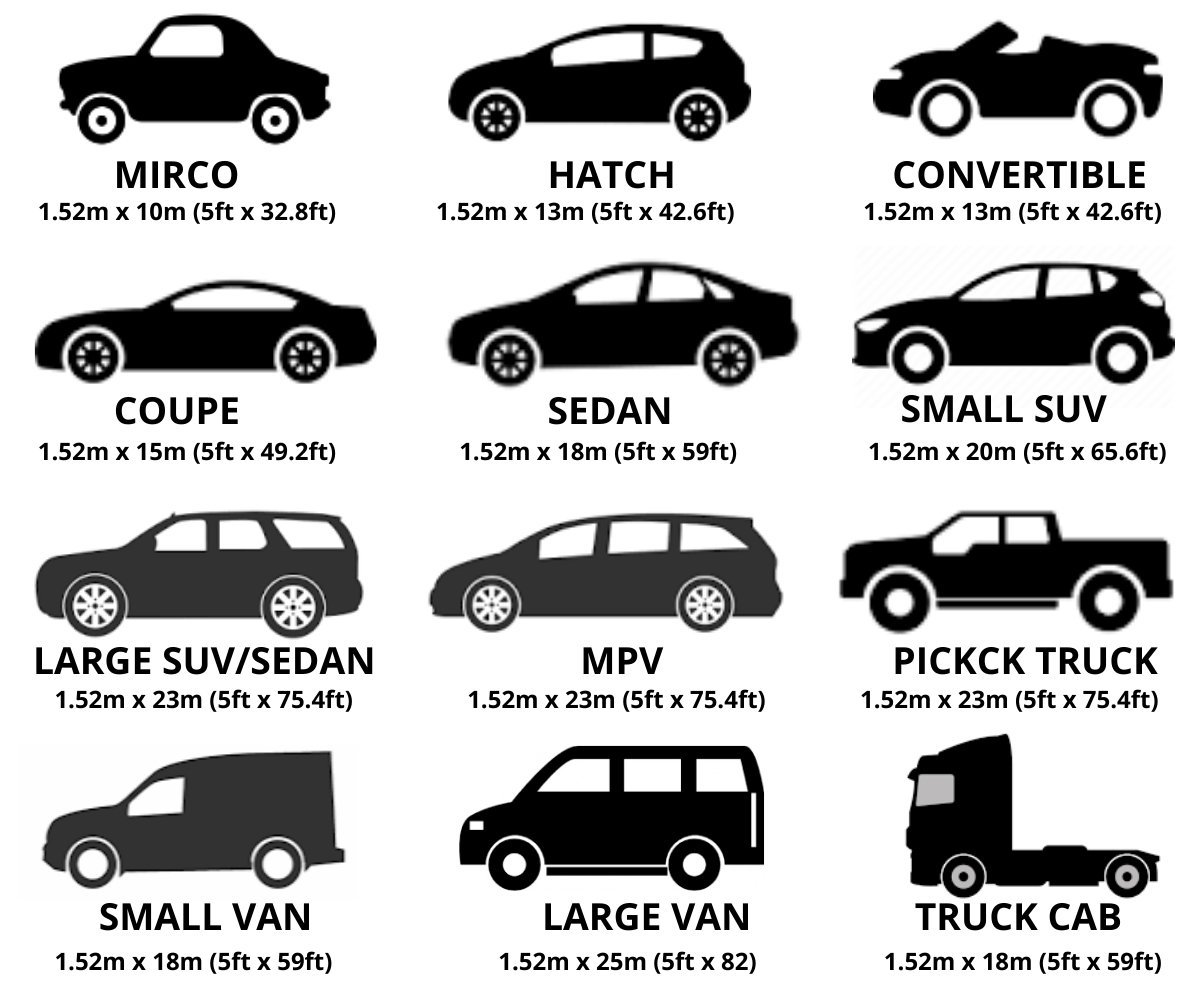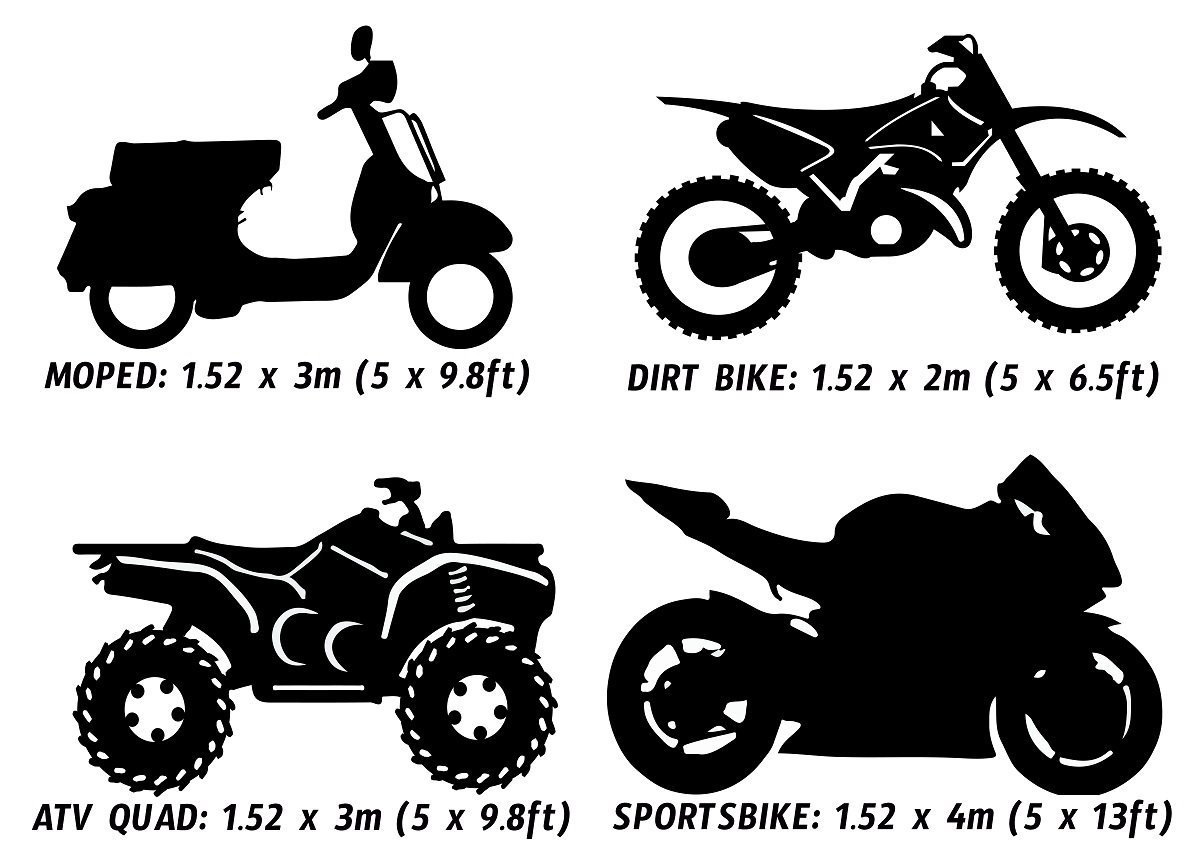Introduction to Car Stickers
Car stickers have become a popular means of personalizing vehicles, advertising businesses, or showcasing individual creativity. Understanding the material costs involved in creating car stickers is essential for budgeting and planning. This guide aims to provide insights into estimating material costs for car stickers, covering various factors that influence pricing.
Types of Materials Used
- Vinyl: The most common material for car stickers due to its durability, weather resistance, and versatility in design.
- Polyester: Known for its flexibility and ability to adhere to curved surfaces, ideal for intricate designs.
- Paper: Economical option mainly used for temporary stickers, less durable compared to vinyl and polyester.
Factors Affecting Material Costs
- Material Quality: Higher quality materials offer better durability and longevity, but they come at a higher price.
- Material Thickness: Thicker materials tend to be more durable but can be more expensive.
- Special Features: Additional features like UV resistance, water resistance, and special finishes can increase material costs.
Vinyl vs. Other Materials
Comparing vinyl with other materials, vinyl stands out for its balance of durability, flexibility, and cost-effectiveness, making it a popular choice for car stickers.
Quantity and Bulk Pricing
- Volume Discounts: Ordering in bulk often leads to discounts, reducing the cost per sticker.
- Minimum Order Quantity: Some suppliers have minimum order requirements that can affect the overall cost.
Design Complexity and Customization
- Simple Designs: Basic designs with fewer colors and simpler shapes are generally cheaper to produce.
- Complex Designs: Intricate designs, custom shapes, and multiple colors can increase material costs.
Additional Costs: Cutting, Weeding, and Transfer
- Cutting: The process of cutting out the sticker design from the material sheet.
- Weeding: Removing excess material from around the sticker design.
- Transfer: Applying the sticker to transfer paper for installation, additional steps that can add to the overall cost.
Quality and Durability Considerations
Investing in high-quality materials ensures better durability, reducing the frequency of replacement and maintenance, which can be cost-effective in the long run.
Supplier and Vendor Comparison
Researching and comparing different suppliers can help identify cost-effective options without compromising on quality.
Conclusion: Budgeting for Your Car Sticker Project
Estimating material costs accurately is crucial for budgeting your car sticker project. Consider factors like material type, quality, design complexity, and quantity to make informed decisions that align with your budget and desired outcomes.
